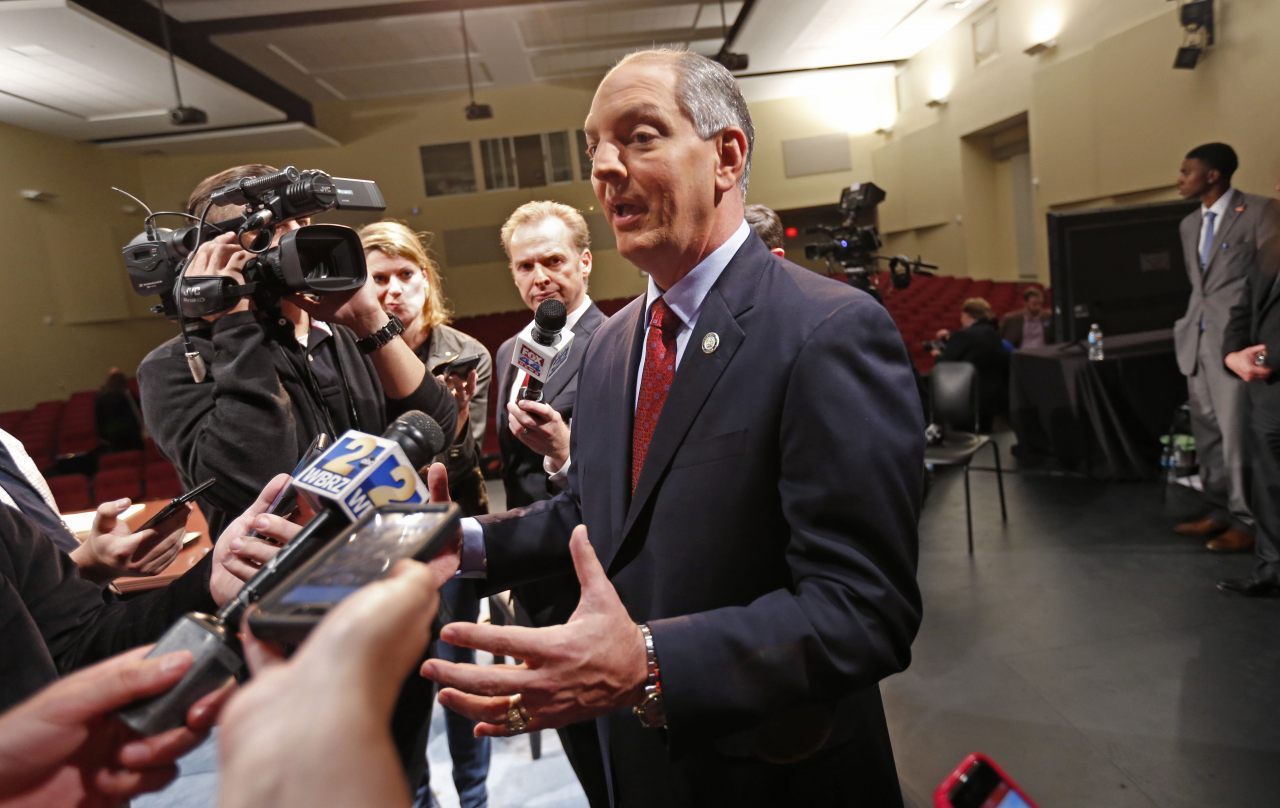345
BATON ROUGE — Gov. John Bel Edwards' administration will unveil its proposal for eliminating Louisiana's $304 million deficit to lawmakers Friday, a budget-rebalancing plan that will hinge on the governor's plan to call a special legislative sessio
Edwards to unveil plan to close budget gap
previous post




